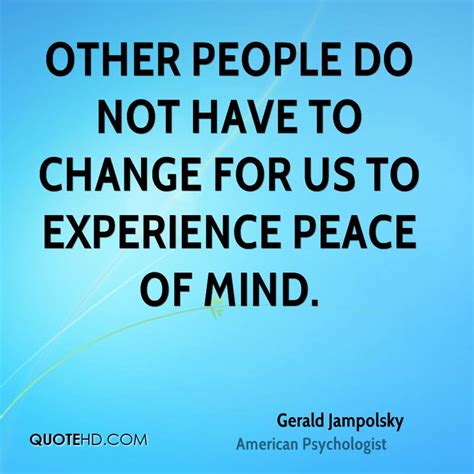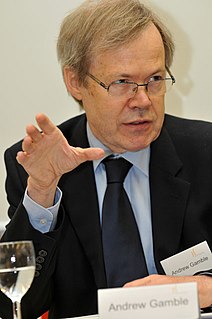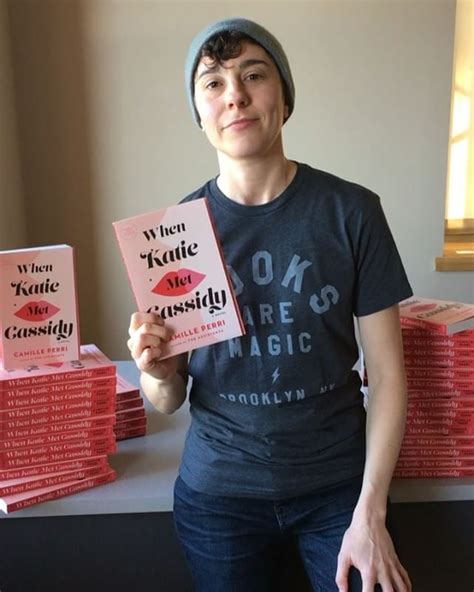A Quote by Cesare Pavese
Things are revealed through the memories we have of them. Remembering a thing means seeing it only then for the first time.
Related Quotes
You also convert real memories, whatever that means, into film versions of those memories. Because by the time you've finished the project you can't remember the real memories anymore, you just remember the film versions of them. And then if the film failed you have distaste for them. So I don't think about that stuff anymore.
Nobody wants to admit to this, but bad things will keep on happening. Maybe that's beause it's all a chain, and a long time ago someone did the first bad thing, and that led someone else to do another bad thing, and so on. You know, like that game where you whisper a sentence into someone's ear, and that person whispers it to someone else, and it all comes out wrong in the end. But then again, maybe bad things happen because it's the only way we can keep remembering what good is supposed to look like.
Man does not limit himself to seeing; he thinks and insists on learning the meaning of phenomena whose existence has been revealed to him by observation. So he reasons, compares facts, puts questions to them, and by the answers which he extracts, tests one by another. This sort of control, by means of reasoning and facts, is what constitutes experiment, properly speaking; and it is the only process that we have for teaching ourselves about the nature of things outside us.
Poetry is one of the ancient arts, and it began, as did all the fine arts, within the original wilderness of the earth. Also, it began through the process of seeing, and feeling, and hearing, and smelling, and touching, and then remembering--I mean remembering in words--what these perceptual experiences were like, while trying to describe the endless invisible fears and desires of our inner lives.
We are living in a world that is absolutely transparent and God is shining through it all the time. God manifests Himself everywhere, in everything - in people and in things and in nature and in events ... The only thing is we don't see it ... I have no program for this seeing. It is only given. But the gate of heaven is everywhere.
Analysis helps patients put their unconscious procedural memories and actions into words and into context, so they can better understand them. In the process they plastically retranscribe these procedural memories, so that they become conscious explicit memories, sometimes for the first time, and patients no longer need to "relive" or "reenact" them, especially if they were traumatic.
I think that is what we do by preserving and telling our stories. If you don't tell your stories, other people will tell their story about you. It's important that we nurture and protect these memories. Things change. Existence means change. So, the kind of precious memories about being black for my generation won't exist for my kids' and grandkids' generations unless we preserve them through fiction, through film, through comic books, and every other form of media we can possibly utilize to perpetuate the story of the great African-American people.
I tell the truth and I don't try to sugarcoat things. But I also decided that if you don't use humor or satire, then it's just too dark all the time. And one of my favorite literary works is A Modest Proposal by Jonathan Swift. As you know, that was an enormously famous satire piece that was able to point out, you know, things to people in a different way. And I do believe that satire and humor can reveal truth in a way that sometimes doesn't get revealed through other means. And so I decided to, every now and then, use satire and humor as well.
Our fate is something which exists outside ourselves, and which once revealed expresses the meaning of our lives. Apart, however, from soothsayers who claim to have a means of foretelling exactly what will befall us, this kind of fate is only normally revealed after a life has ended. Only then can the meaning of that life be understood.






































